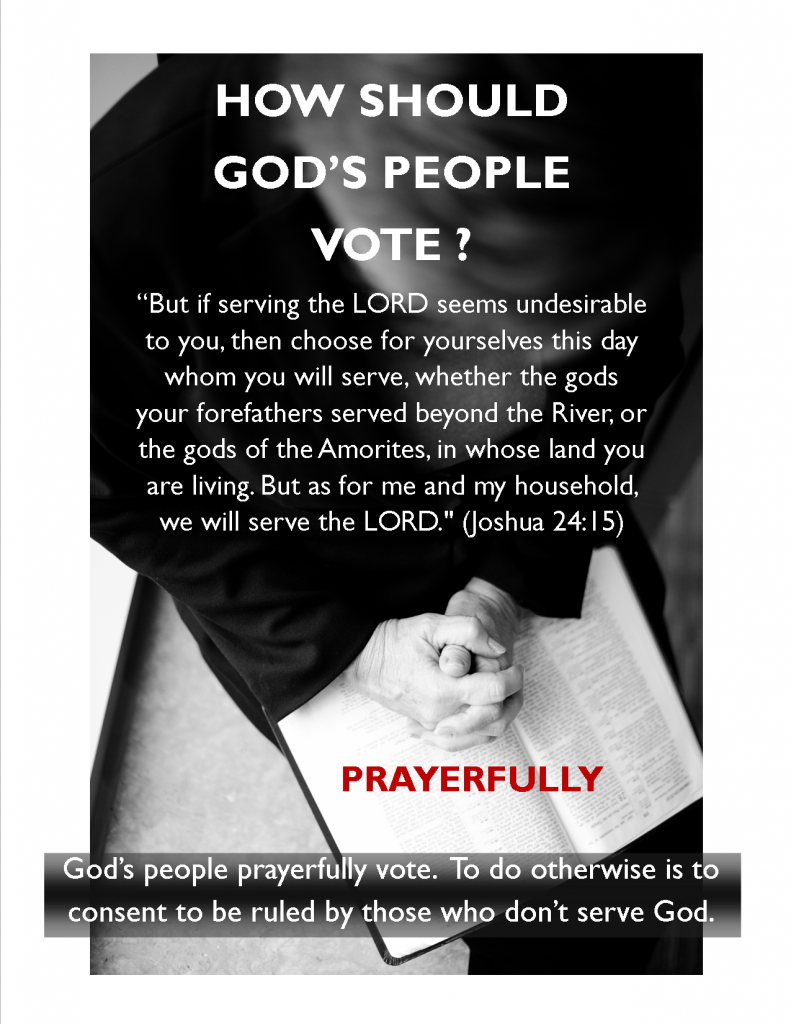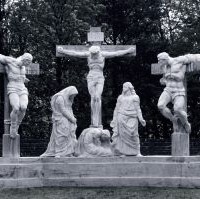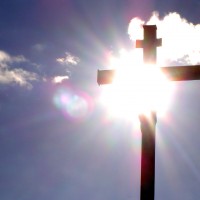 Every morning, I come downstairs and make coffee to start the day. I pause to look at one of those wall calendars with pictures and Bible verses as I pass by from giving the dogs a morning treat to treating myself with joy in a cup: my morning coffee.
Every morning, I come downstairs and make coffee to start the day. I pause to look at one of those wall calendars with pictures and Bible verses as I pass by from giving the dogs a morning treat to treating myself with joy in a cup: my morning coffee.
Enter his gates with thanksgiving and his courts with praise; give thanks to him and praise his name. Psalm 100:4
I couldn’t wait to turn the calendar to November so I would be greeted with this encouragement. I love November.
Have you ever considered the intimate connection between joy and thanksgiving?
Many of us go through our days with nary a thought of thanksgiving. We’re too busy searching for happiness and joy that seem to slip through our fingers like fine sand. But happiness and joy are intimately connected with thanksgiving. Consider the full psalm for my November:
Psalm 100:1 A psalm. For giving thanks. Shout for joy to the LORD, all the earth. 2 Worship the LORD with gladness; come before him with joyful songs. 3 Know that the LORD is God. It is he who made us, and we are his; we are his people, the sheep of his pasture. 4 Enter his gates with thanksgiving and his courts with praise; give thanks to him and praise his name. 5 For the LORD is good and his love endures forever; his faithfulness continues through all generations.
In the entire Psalter, this is the only psalm specifically purposed “for giving thanks” though many of them are related to thanksgiving. Psalm 100 is special. It is a crown jewel of thanksgiving, showing us that we can give thanks in a few good ways:
![]() Shout!— Doesn’t this seem like an odd way to praise God? We may feel more comfortable shouting for our team in the NFL than in the context of a worship service or private worship of God at home, but starting our day with a shout of joy with thanksgiving can inspire us to see God’s goodness throughout our day. It’s worth asking why we are not at all uncomfortable cheering our team’s scoring a goal, but feel sheepish about praising God for what He has done. Could it be that we take praiseworthy things for granted?
Shout!— Doesn’t this seem like an odd way to praise God? We may feel more comfortable shouting for our team in the NFL than in the context of a worship service or private worship of God at home, but starting our day with a shout of joy with thanksgiving can inspire us to see God’s goodness throughout our day. It’s worth asking why we are not at all uncomfortable cheering our team’s scoring a goal, but feel sheepish about praising God for what He has done. Could it be that we take praiseworthy things for granted?
![]() Worship!—With an attitude of gladness, we can sing joyful songs. Have you ever noticed how a song can cheer your spirit and lift you out of gloom? I sing a lot. Not that I’m all that gifted as a singer, but singing in worship of God makes me happy. People stare at me when I’m walking the dogs and singing (albeit quietly), but it’s good for my soul. Perhaps they’re jealous and should try this themselves. Or maybe they just think I’m strange. My kids used to catch me humming praise songs in the grocery store and say, “Mom! Stop that!” Yes, I have a long history of embarrassing my children. But worship in this psalm’s context is more than just singing. It is literally “Serve the LORD.” Jesus has been opening my eyes to how worshipping Him also happens when I serve those in whom His Image is present.
Worship!—With an attitude of gladness, we can sing joyful songs. Have you ever noticed how a song can cheer your spirit and lift you out of gloom? I sing a lot. Not that I’m all that gifted as a singer, but singing in worship of God makes me happy. People stare at me when I’m walking the dogs and singing (albeit quietly), but it’s good for my soul. Perhaps they’re jealous and should try this themselves. Or maybe they just think I’m strange. My kids used to catch me humming praise songs in the grocery store and say, “Mom! Stop that!” Yes, I have a long history of embarrassing my children. But worship in this psalm’s context is more than just singing. It is literally “Serve the LORD.” Jesus has been opening my eyes to how worshipping Him also happens when I serve those in whom His Image is present.
Matthew 25:34 “Then the King will say to those on his right, ‘Come, you who are blessed by my Father; take your inheritance, the kingdom prepared for you since the creation of the world. 35 For I was hungry and you gave me something to eat, I was thirsty and you gave me something to drink, I was a stranger and you invited me in, 36 I needed clothes and you clothed me, I was sick and you looked after me, I was in prison and you came to visit me.’ 37 “Then the righteous will answer him, ‘Lord, when did we see you hungry and feed you, or thirsty and give you something to drink? 38 When did we see you a stranger and invite you in, or needing clothes and clothe you? 39 When did we see you sick or in prison and go to visit you?’ 40 “The King will reply, ‘I tell you the truth, whatever you did for one of the least of these brothers of mine, you did for me.”
This is the reason I bring the Gospel to Advocate Condell Medical Center faithfully every week as a volunteer. It’s my way of using what God has given me to minister to strangers, the sick, and those who need the healing, loving touch of God. It’s an act of worship: serving the LORD with gladness.
![]() Know!—A recounting of all the things for which I can be thankful ought to start every day, and topping my list of things is no thing at all: it is God Himself. I know I don’t recite His faithfulness often enough, but paying careful attention to knowing God and seeing His faithfulness in all things inspires joy. In a joyful disposition, I’m more likely to feel thankful. But thanksgiving is more than a feeling! More than just paying attention to the things for which I can be thankful, knowing involves recognizing who God is. He is Creator. He is Redeemer. God made us. We are His. He is God. We are created and truly, we are nothing apart from His grace.
Know!—A recounting of all the things for which I can be thankful ought to start every day, and topping my list of things is no thing at all: it is God Himself. I know I don’t recite His faithfulness often enough, but paying careful attention to knowing God and seeing His faithfulness in all things inspires joy. In a joyful disposition, I’m more likely to feel thankful. But thanksgiving is more than a feeling! More than just paying attention to the things for which I can be thankful, knowing involves recognizing who God is. He is Creator. He is Redeemer. God made us. We are His. He is God. We are created and truly, we are nothing apart from His grace.
![]() Enter His gates with thanksgiving and His courts with praise!—The gates referred to here are the temple gates and show the clear collective of God’s people gathered together in thanks and praise. But it might as well apply to my times of prayer. Entering His presence with “Thank you, Lord…” and praising Him for His goodness places the focus on Him. It forces me off the throne of my own life when I praise Him. It pushes me from thinking more highly of myself and into seeing that I do not think highly enough of God. No matter how big I think He is, He is bigger, better, more wonderful than I know. To praise Him along with others who also love our Creator and Redeemer–Wow!–this just makes the chorus more of a Hallelujah! God deserves everything we can give in praise and thanksgiving. Indeed, from all of us, all the time.
Enter His gates with thanksgiving and His courts with praise!—The gates referred to here are the temple gates and show the clear collective of God’s people gathered together in thanks and praise. But it might as well apply to my times of prayer. Entering His presence with “Thank you, Lord…” and praising Him for His goodness places the focus on Him. It forces me off the throne of my own life when I praise Him. It pushes me from thinking more highly of myself and into seeing that I do not think highly enough of God. No matter how big I think He is, He is bigger, better, more wonderful than I know. To praise Him along with others who also love our Creator and Redeemer–Wow!–this just makes the chorus more of a Hallelujah! God deserves everything we can give in praise and thanksgiving. Indeed, from all of us, all the time.
![]() Give thanks to Him and praise His name!—Odd, isn’t it, that many people celebrate the holiday of Thanksgiving with no God to thank? I once had a conversation with an atheist about Thanksgiving. He explained that (in his view) we are accidents of evolution and therefore, his family celebrates their achievements. They thank their mother for making turkey for dinner. They thank ESPN for carrying good football. They thank each other for things they are thankful for. Personally, I find that lacking. It’s a shallow thanks. It’s like thanking one of my hands for shaking the other, or one hand for clapping the other. There’s a mutual self-gratification and an affirming sound of thanking each other.
Give thanks to Him and praise His name!—Odd, isn’t it, that many people celebrate the holiday of Thanksgiving with no God to thank? I once had a conversation with an atheist about Thanksgiving. He explained that (in his view) we are accidents of evolution and therefore, his family celebrates their achievements. They thank their mother for making turkey for dinner. They thank ESPN for carrying good football. They thank each other for things they are thankful for. Personally, I find that lacking. It’s a shallow thanks. It’s like thanking one of my hands for shaking the other, or one hand for clapping the other. There’s a mutual self-gratification and an affirming sound of thanking each other.
Thanking God is totally different!
Thanking God is one-sided. He doesn’t need to thank us back, not even as a courtesy, because there’s nothing we can do that merits it. It’s recognition that we have been given much, though we did not deserve any of it. Thanking God is not like the sound of one hand clapping–a void of anything productive. There’s a power in thanksgiving. When we are thankful, we are blessed with remembering His goodness to us.
But more than that, the end result is also the power of God unleashed on our behalf. We see it in Paul’s and Silas’ lives in Acts 16. It is seen equally as clearly in 2 Chronicles 20:15-24 (click here to read the full story).
2 Chronicles 20:20 Early in the morning they left for the Desert of Tekoa. As they set out, Jehoshaphat stood and said, “Listen to me, Judah and people of Jerusalem! Have faith in the LORD your God and you will be upheld; have faith in his prophets and you will be successful.” 21 After consulting the people, Jehoshaphat appointed men to sing to the LORD and to praise him for the splendor of his holiness as they went out at the head of the army, saying: “Give thanks to the LORD, for his love endures forever.”
 Scripture goes on to say that as they began to sing and praise, the LORD set ambushes and the vast army against them was destroyed. Praise and thanksgiving have power because they are directed at the Power Source: God Himself.
Scripture goes on to say that as they began to sing and praise, the LORD set ambushes and the vast army against them was destroyed. Praise and thanksgiving have power because they are directed at the Power Source: God Himself.
Just as a toaster cannot operate on its own, apart from being plugged in, so praise and thanksgiving plug us into the source of power that has been in the outlet all along.
Praise and thanksgiving are owed to God whether or not He answers prayer in the way we hope. He receives our thanksgiving and praise and gives us more for which to be thankful. It is His nature to bless and He blesses us in the best possible way even when it’s not what we expect.
My calendar gives the best advice to start any day! This is why I love November:
Enter his gates with thanksgiving and his courts with praise; give thanks to him and praise his name. Psalm 100:4








 When we see the limits, we can embrace a lean and muscular government—one like a marathon runner—an institution so focused on the finish line of civilization, humble restraint, and shepherding law and order that it has neither the time nor the desire to grow fat and lazy. A Jabba the Hutt government with an insatiable appetite for power and money isn’t what God had in mind.
When we see the limits, we can embrace a lean and muscular government—one like a marathon runner—an institution so focused on the finish line of civilization, humble restraint, and shepherding law and order that it has neither the time nor the desire to grow fat and lazy. A Jabba the Hutt government with an insatiable appetite for power and money isn’t what God had in mind.




